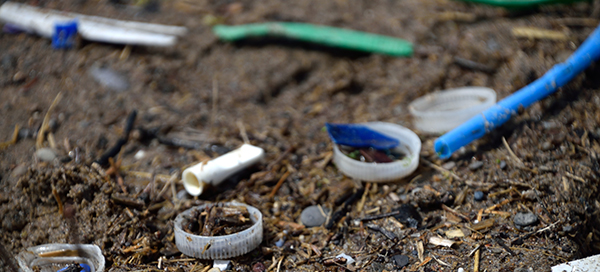It came as no surprise to me that smoking detritus topped “Canada’s Dirty Dozen,” the littering list featured in Janice Weaver’s “The Beachcombers” [Autumn 2007]. I have been observing the sneaky little habits of smokers since the sixties and long ago concluded that smoking is like a PhD course in littering. Smokers not only rationalize their habit, even though it is carried out at the expense of others (smoking is the only socially acceptable form of child abuse and murder), they also surreptitiously discard their leftover butts, packages and matches for all to see. This learned technique soon includes anything that they happen to have in their hands that they no longer want, and it all ends up on the ground. The entrenched – and eventually unconscious – habit is then spread by monkey see, monkey do.
I have found that the best countermeasure is to always carry one or two plastic grocery bags in my pocket, because one “picker-upper” is the equal of at least 10 smokers/litterers.
I was surprised that neither Douglas Hunter – in his piece “Temperature Rising” [Spring 2007] – nor the letter written in response to it by Kandyd Szuba [Autumn 2007] mentioned that the Ministry of Natural Resources (MNR) has used “sustainable forest management” as a weapon to discourage low-impact, non-motorized activity on Crown lands, even in regions dominated by maximum-impact motorized activity (recreational or otherwise). MNR has scheduled loggers to destroy 4.8 kilometres of the 64-kilometre Shabomeka path network in North Frontenac – it refuses to recognize that there is anything of value in the areas to be logged. That approximately 20,000 hours were required to build this non-motorized path network carries absolutely no weight with the MNR.
Glen Pearce, President, Shabomeka LEGPOWER Pathfinders, Cloyne
Follow the directions: In the article “The great fall migration” (Autumn 2007), Oliphant is described as being located east of Wiarton. The town is located west of Wiarton. In the same article, the telephone number provided for Presqu’ile Provincial Park is the TTY number (a TTY phone is a special typing telephone used by the hearing impaired). You can also reach the park by calling 613-475-4324.


No Comments Yet